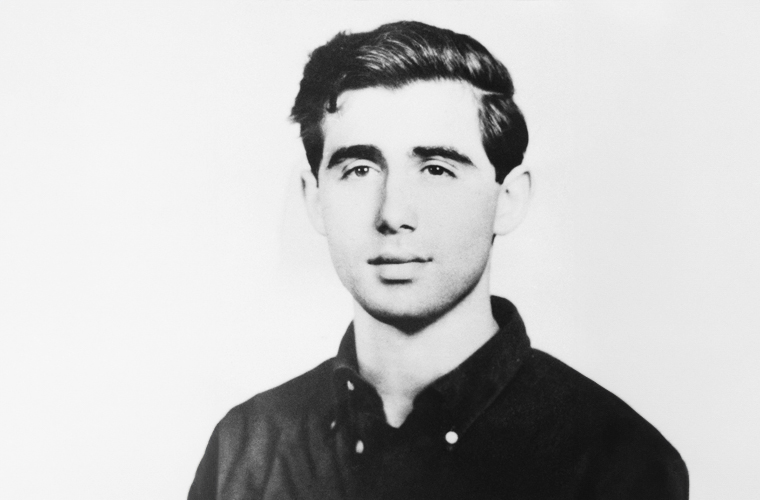Andrew Goodman, a dedicated civil rights worker, tragically lost his life in a heinous act of violence. This devastating incident has sent shockwaves through the community and serves as a stark reminder of the ongoing struggle for equality and justice. Andrew Goodman, known for his unwavering commitment to the civil rights movement, was targeted and murdered in a senseless act of brutality. His untimely death has left a void in the fight for equality, as his passion and dedication were instrumental in advancing the cause.
Born on November 23, 1943, in New York City, Andrew Goodman grew up in a family that instilled in him a strong sense of justice and equality. He was deeply influenced by the civil rights movement of the 1960s and felt compelled to take action against the racial injustices that plagued society. Goodman’s activism began during his college years at Queens College, where he joined the Congress of Racial Equality (CORE) and actively participated in protests and demonstrations. He believed in the power of nonviolent resistance and worked tirelessly to promote racial equality and challenge discriminatory practices.
In the summer of 1964, Goodman joined the Freedom Summer campaign, a historic effort to register African-American voters in Mississippi. Alongside fellow civil rights activists James Chaney and Michael Schwerner, Goodman embarked on a mission to empower marginalized communities and combat voter suppression. Tragically, on June 21, 1964, Goodman and his colleagues were ambushed by members of the Ku Klux Klan while investigating the burning of a black church. They were brutally beaten and shot, their lives cut short by hatred and bigotry. Their bodies were later discovered buried in an earthen dam.
The murders of Andrew Goodman, James Chaney, and Michael Schwerner sent shockwaves across the nation and intensified the call for justice. The tragic event shed light on the pervasive racism and violence that plagued the Deep South and galvanized support for the civil rights movement. In the aftermath of this horrific crime, a federal investigation was launched, leading to the eventual prosecution and conviction of several individuals involved in the murders. The trial became a landmark case in the civil rights movement, highlighting the need for federal intervention to protect activists fighting for equality.
The legacy of Andrew Goodman lives on as a symbol of courage and sacrifice. His unwavering dedication to the cause of civil rights continues to inspire generations of activists who strive for a more just and equitable society. His tragic death serves as a painful reminder of the challenges that still exist in our ongoing struggle for racial equality. Today, we honor Andrew Goodman’s memory by renewing our commitment to the fight for justice. We must continue to challenge systemic racism, advocate for equal rights, and work towards creating a society where every individual is treated with dignity and respect.
As we reflect on Andrew Goodman’s life and legacy, let us remember that his sacrifice was not in vain. His courage and determination serve as a beacon of hope, reminding us that change is possible when we stand together and demand justice for all.

